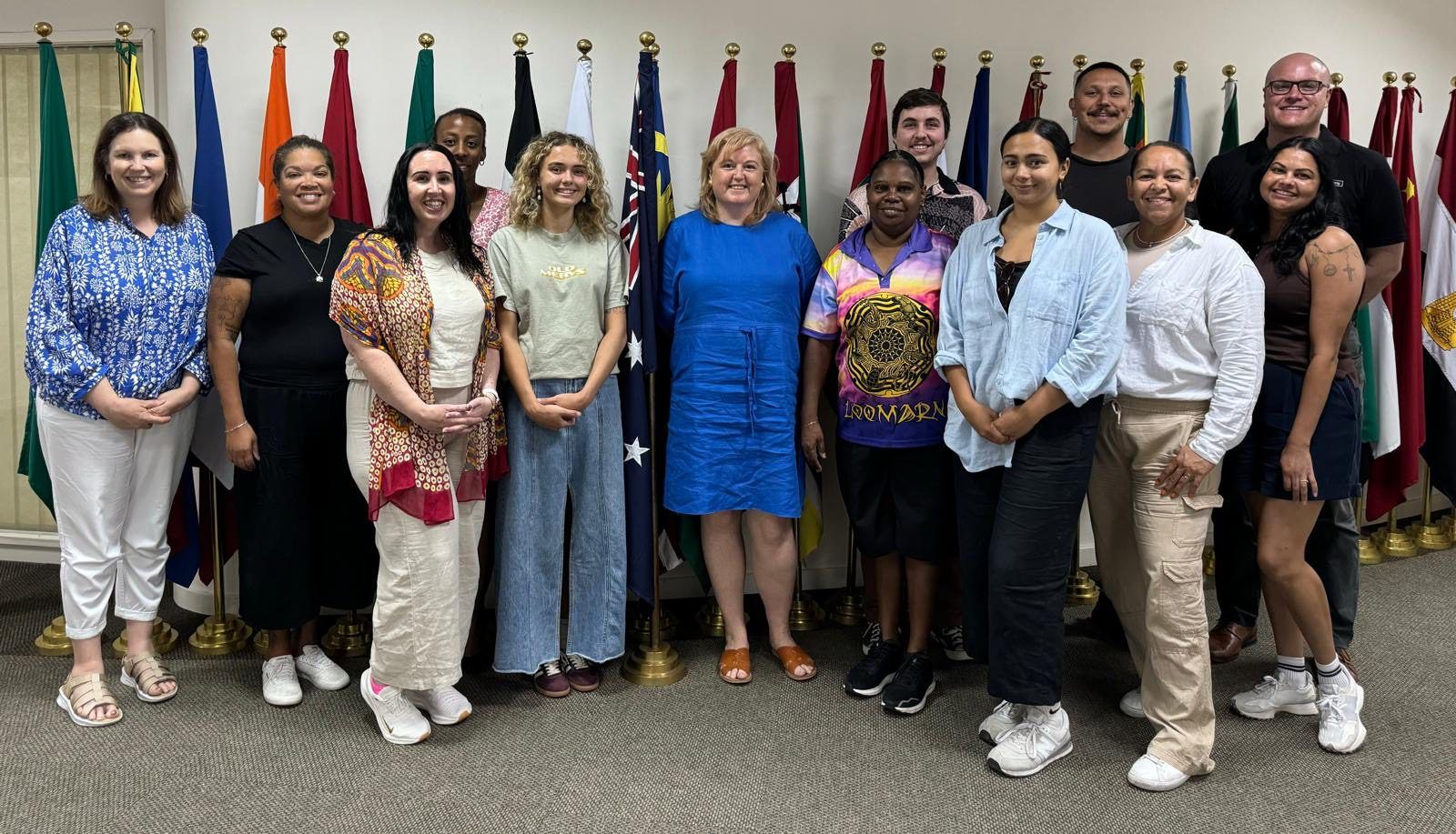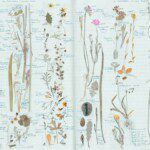The Indigenous and Cultural Exchange Study Tour to Mauritius and South Africa provided an enriching experience of learning, collaboration, and cultural immersion. Facilitated by Curtin’s Faculty of Humanities Indigenous Futures, Global Curtin, and the Cultural Capability team, the tour was a testament to the university’s commitment to fostering cross-cultural understanding and Indigenous knowledge exchange.
Mauritius Highlights
In Mauritius, students and staff delved into the island’s colonial past with visits to the UNESCO World Heritage Site Aapravasi Ghat and the Intercontinental Slavery Museum in Port Louis. These sites provided powerful insights into the historical impacts of slavery and indentured labour.
The group engaged with the Indian Ocean Rim Association Secretariat, exploring regional cooperation initiatives, and participated in thought-provoking discussions at the University of Mauritius on history, politics, and identity. At the Mauritius Oceanography Institute, the delegation toured cutting-edge facilities and gained an understanding of ocean science research.
A cultural highlight was the Rhythm & Roots workshop with Sega music artists, where participants learned about the Creole heritage and the significance of Sega as a symbol of resilience. The group exchanged Indigenous Australian and Creole songs, deepening their appreciation of shared histories and cultural identity.
The Curtin Mauritius campus hosted a roundtable on the interconnectedness of history, environment, and culture, featuring guest speakers from diverse fields, including culinary arts and environmental science.
South Africa Highlights
In South Africa, the study tour began with a warm welcome at Future Africa UP, hosted by the University of Pretoria. Participants explored Johannesburg’s rich history with visits to the Apartheid Museum, Soweto landmarks such as Nelson Mandela and Desmond Tutu Houses, and the Hector Pieterson Memorial.
At the University of Johannesburg, a roundtable discussion focused on Indigeneity, Decoloniality, and Pan-Africanism. This dialogue brought together leading academics to explore critical topics shaping Indigenous and African futures.
In Pretoria, participants visited Rietvlei Nature Reserve for a breathtaking game drive and traditional South African braai. They toured Freedom Park, the Union Buildings, and the iconic Mandela Statue, reflecting on South Africa’s journey to freedom and democracy.
The tour culminated at the Javett Art Centre, where attendees experienced exhibitions that showcased African heritage, including the Mapungubwe Gold collection.

Reflections and Impact
This study tour highlighted the importance of understanding history, cultural resilience, and shared challenges across diverse Indigenous communities. Through dynamic workshops, roundtable discussions, and site visits, participants gained a deeper appreciation for the complexities of identity, history, and collaboration in the global Indigenous context. The trip not only fostered academic exchange but also created lasting connections between Curtin University, its students, and the wider global community.






